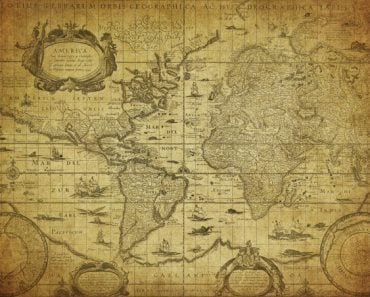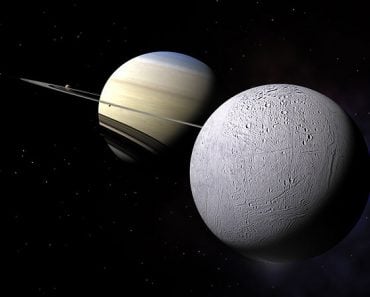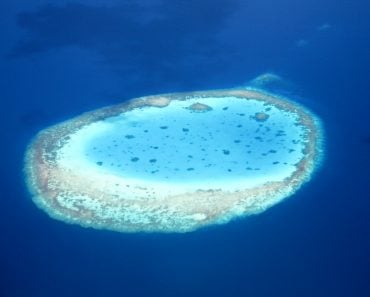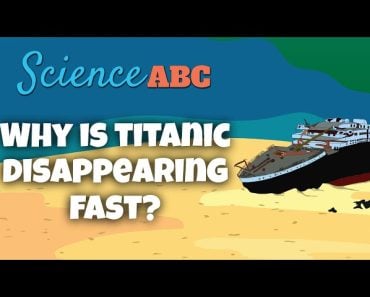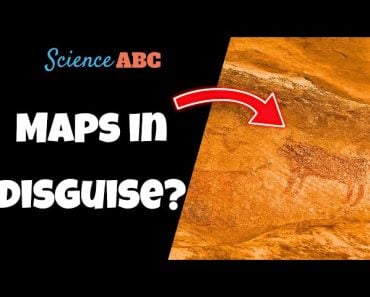Table of Contents (click to expand)
The only written account of its existence comes from the philosopher Plato. The location of this mythical city remains a mystery despite many proposed sites. Numerous locations have been suggested for Atlantis but have yet to be confirmed. The most recent claim indicates that the submerged city may be located north of Cadiz, Spain, but this claim has not been substantiated.
According to popular belief, there may have been a prosperous city over 11,000 years ago that was considered a utopia with abundant resources and wealth. It was inhabited by a powerful and noble race that held sway even over the islands of England and Africa. This city, renowned for its beauty and grandeur, is often called Atlantis.
Recommended Video for you:
History
According to Greek literature, when the land was divided by the gods and distributed among them, Atlantis was given to Poseidon (God of the sea, earthquakes, storms, and horses).

After some time, the god fell in love with a mortal woman, Cleito. The couple gave birth to five pairs of twins, all boys. The eldest of these, Atlas, was the rightful King of the entire island and the oceans. His brothers were then given parts of the lands to govern.
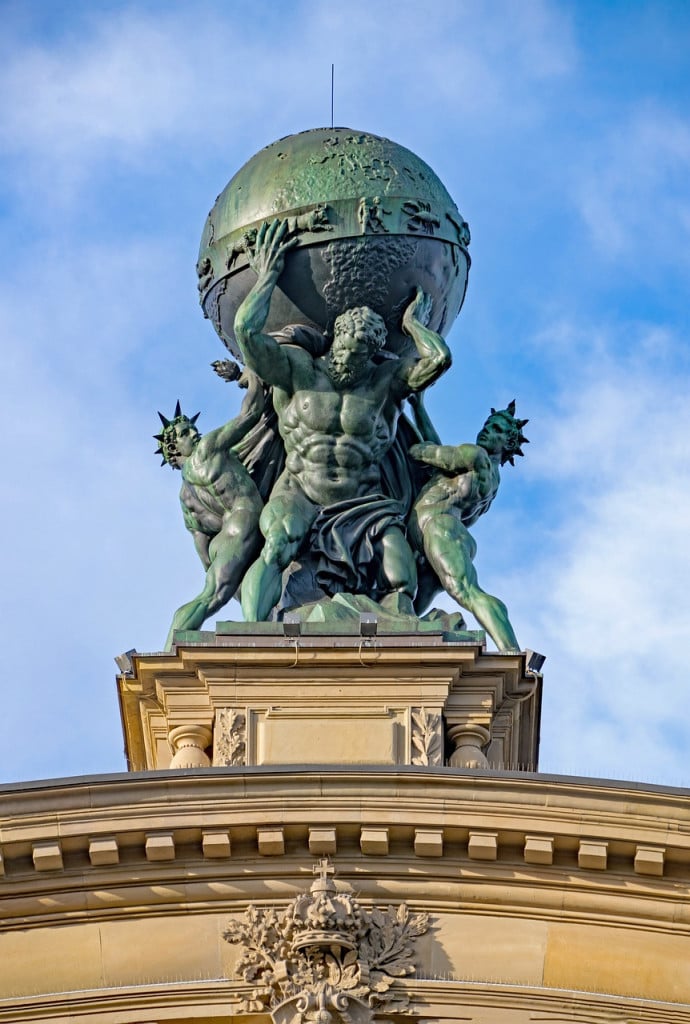
After some time, a great war broke out between the Atlanteans and the Athenians. The Atlanteans were defeated, and their control over the areas of Europe was broken. The Athenians also managed to liberate some of the occupied islands. However, before the war could continue, the entire landmass of Atlantis sank to the bottom of the sea. The sea swallowed the island of Atlantis, its people, and even its memory.
How Did Atlantis Look?
There is a vivid description of this City written by Plato (a Greek Philosopher) in which Atlantis was described as an island consisting mostly of mountains in the northern portions. A great plain, oblong in the South that encompassed the island was spread 555 km long and 370 km wide. The city of Atlantis sat just outside the outer ring of water and spread across the plain, covering a circle of 17 km. This was a densely populated area where the majority of the population lived.
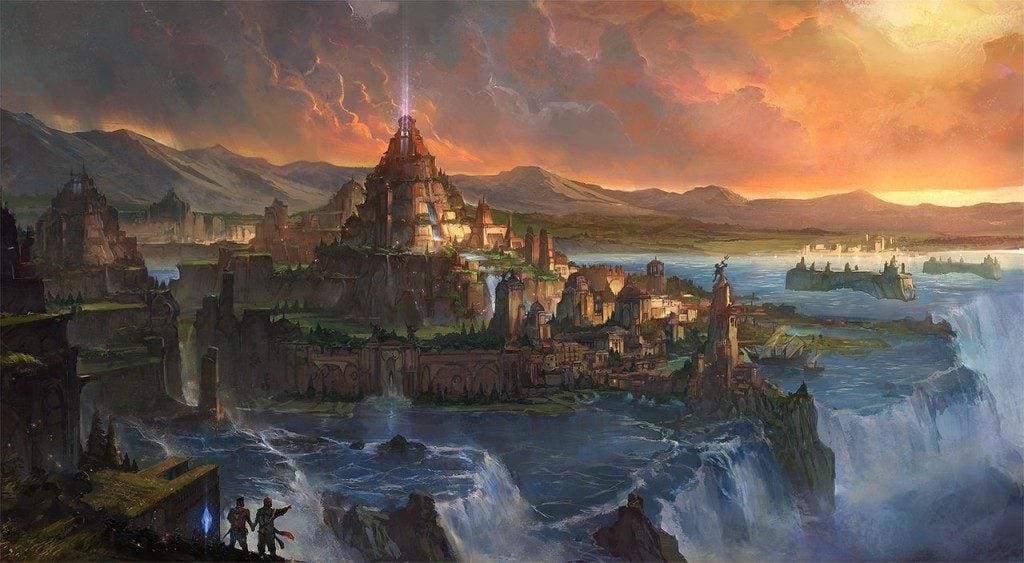
Is There Any Proof Of Its Existence?
Now, here’s the twist. There is no written record of the existence of Atlantis in the world except for its mention in the works of the great philosopher Plato. Even the location of this utopia is a mystery. People have worked through various hypotheses, giving the location they believed it should be. Surprisingly, many of the proposed sites were not in the Atlantic Ocean (as you would have guessed from its name, as though the “Atlantic” ocean was derived from this ancient culture). Many of the proposed sites corroborate some of the characteristics of the Atlantis story (water, catastrophic end, and a relevant period). Most of the historically proposed locations are in or near the Mediterranean Sea. Now, this story is getting good… let’s look at various locations that are claimed to be the most likely sites of Atlantis:
Azores
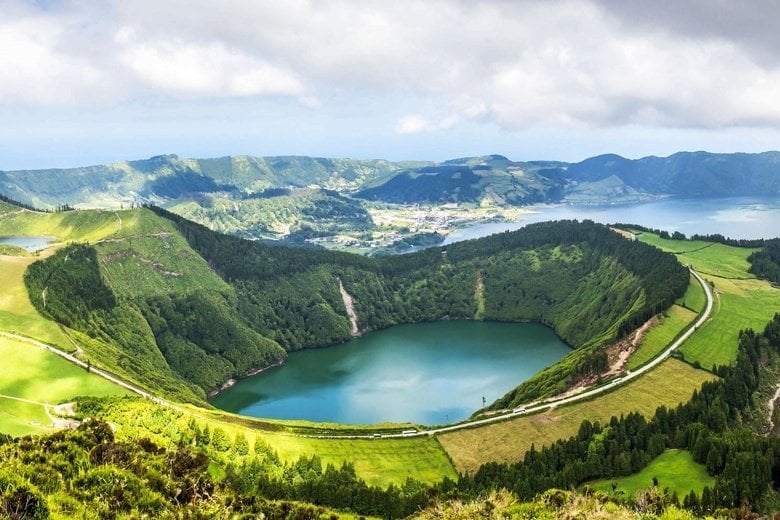
Plato quoted Egyptian Priests, who believed that Atlantis fought a war with the ancient Mediterraneans and then sank in 9,400 B.C. Because Atlantis was said to be a large island in the Atlantic Ocean that surrounds the continents, it was thought to be in the mid-Atlantic. Atlantis was said to have colonized much of the world and fought a war with Greece and the Eastern Mediterranean. The sinking of Atlantis left only a few scattered islands… islands such as the Azores, some believe.
The Sahara
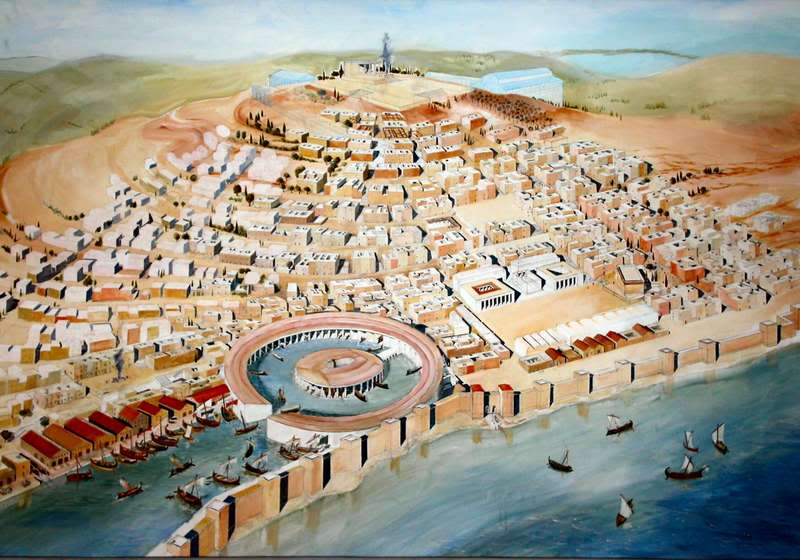
The Sahara Desert, and more specifically, the Tassili and Ahaggar Mountains in southern Algeria, Tunisia, or both, has been proposed as the actual site of Atlantis. When the French colonized North Africa, they soon discovered that a lost world existed in southern Algeria and that the ancient harbor of Carthage was an exact miniature of the capital of Atlantis described by the Egyptian priests.
Malta
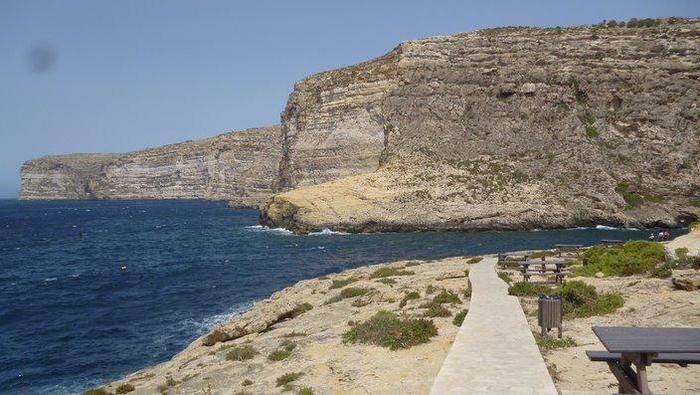
Malta has huge ancient structures now dated 9,000 years old or older and is said by Orthodox archaeologists to be the oldest stone ruins in the world. Malta is now a small rocky island, but it once had elephants and shows evidence of being destroyed in a huge cataclysmic wave. The island is far too small to have been Atlantis, but it shows that the Mediterranean was a very different 12,000 years ago.
South America
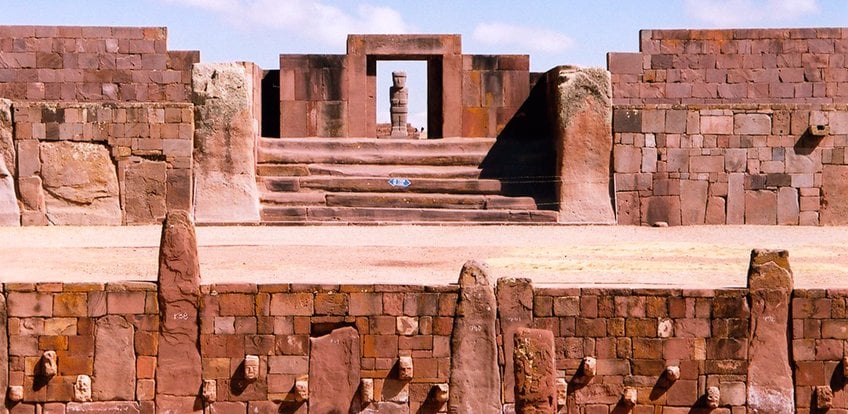
Due to the gigantic ruins in Peru and Bolivia and the evidence that Tiahuanaco was destroyed in a cataclysm, South America has been proposed as the site of Atlantis by some early writers. South America does have huge ruins and is across the Atlantic, but it seems to have risen from sea level rather than sunk into the ocean.
North Sea
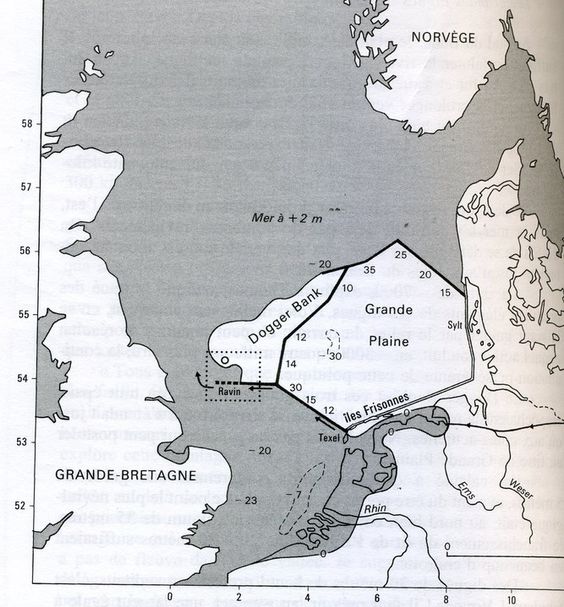
Recently, researcher Paul Dunbavin proposed that the citadel of Atlantis was located underwater between Wales and Ireland; this area is the “Plain of Atlantis,” as described by Plato. Major Dutch cities like Amsterdam and Rotterdam are 40 feet or more below sea level already. They may very well be the sunken cities of the near future.
The location of Atlantis has remained a tantalizing mystery for thousands of years, but very recently (2011), a U.S.-led research team has claimed to have found the legendary lost city of Atlantis. Scientists claim to have pinpointed the exact location of the metropolis under the mud flats in southern Spain. The archaeologists and geologists are convinced that Atlantis – swamped by a tsunami – is submerged just north of Cadiz.
How Has Atlantis Been Incorporated Into Popular Culture?
There were many ‘celebrities’ who have been made into citizens of Atlantis. Poseidon, for one, was a god. His son, Atlas, is also known worldwide as the gloomy guy holding the earth on his shoulders. Many fictional characters were also created with Atlantis as their birthplace, such as the famous Aquaman of our beloved DC universe. Atlantis was considered the most powerful and technologically advanced city of its time.
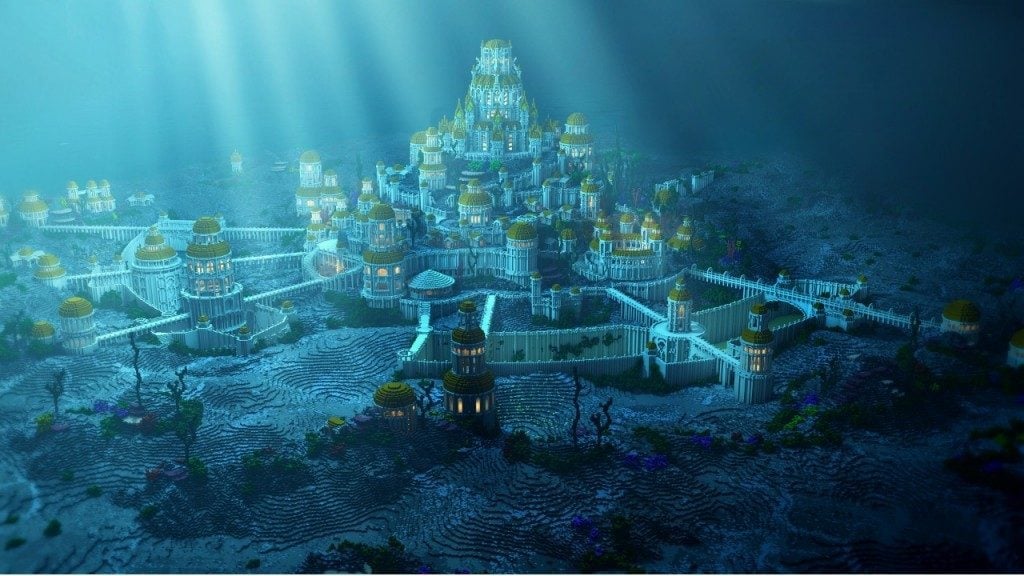
Where is this city? As of now, we don’t know for sure. We’re not sure if this utopia even existed or if it was the dream of an old man who wanted to believe that paradise existed. However, if it existed, it would have been the most beautiful place to live, with the added advantage of Aquaman being its tourism ambassador!
Last Updated By: Ashish Tiwari
References (click to expand)
- Gill, C. (1977, October). The Genre of the Atlantis Story. Classical Philology. University of Chicago Press.
- Billingsley, D. B. (1982). The Credibility of Atlantis. The Georgia Review, 36(4), 791–802. http://www.jstor.org/stable/41399110
- Naddaf, G. (1994). The Atlantis Myth: An Introduction to Plato's Later Philosophy of History. Phoenix. JSTOR.
- López-Ruiz, C. (2022). Not exactly Atlantis: Some lessons from ancient Mediterranean Myths. In Historical Earthquakes, Tsunamis and Archaeology in the Iberian Peninsula (pp. 19-36). Singapore: Springer Nature Singapore.

